When I connect to wireless headphones, does Bluetooth slow down WiFi?
"Whenever I connect my phone to Bluetooth headphones, my WiFi slows down. Does Bluetooth slow down WiFi?"
The short answer to the question above is YES. Bluetooth and WiFi can sometimes conflict and make internet speed slower. In the next part, we will explain the reason and show you how to fix the problems.
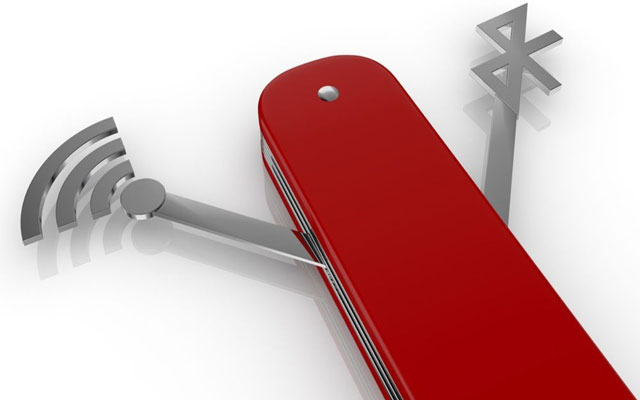
Bluetooth vs WiFi
Why does Bluetooth slow down WiFi speed?
The main reason for that problem is network frequency conflicts. Bluetooth runs on the 2.4 GHz frequency band. Nowadays, WiFi typically runs on the 5.0 GHz frequency band, but some older WiFi routers can only run on the 2.4 GHz one. If the two devices both run on the same frequency band, your network speed will slump.
Now you know the root of the problem. It's time to fix it.
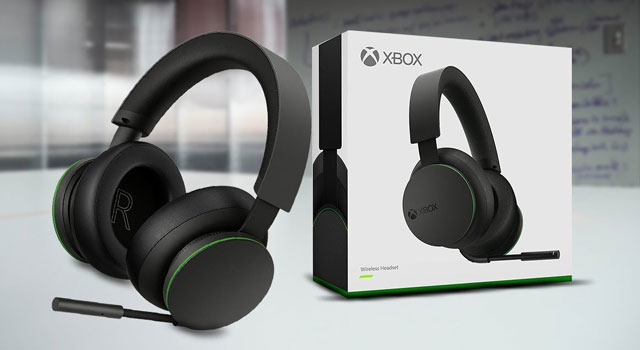
Bluetooth Headphone can conflict with WiFi
How to cure the slow WiFi speeds
There are several ways to remove the conflicts between Bluetooth and WiFi. In this guide, we will only show you some easy ways. If those methods can't speed up your WiFi speed, you need to contact your Internet Service Provider (ISP) and ask for technical support.
Also, you need to note that we will only talk about the methods for PCs. If you need to fix your ATT UVerse slow WiFi or your PS4 slow WiFi, we will give you more detailed information in other articles.
Read more: Why is PS4 WiFi so slow, and how to fix it?
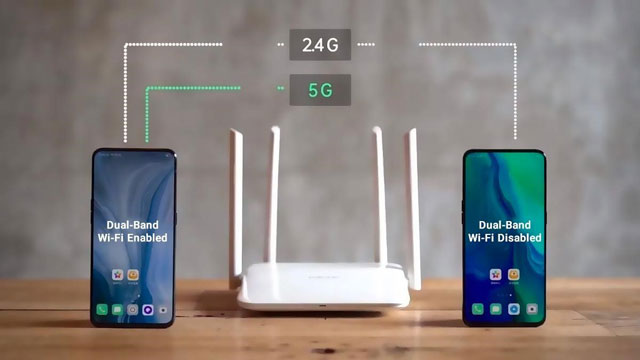
Turn on Dual-band WiFi
Connect to a 5GHz wireless network
First, you need to check whether your router has a dual-band connection(2.4GHz + 5GHz) or not. The fastest way is to type your router's name on Google and search for the answer. You can also find the detailed walkthrough on how to change from the 2.4 GHz to 5 GHz frequency band for your router.
Consider upgrading it if your router can only connect to the 2.4 GHz frequency band. To put it short, don't use the same WiFi frequency band as Bluetooth devices.
Replace the WiFi channel
Another way to boost your WiFi speed is to replace the overlapping channels. To do that, you must access the settings page of the router. Each brand has a different settings page. Therefore, you need to find the exact guide for your router and follow the steps.
Take the TP-Link router as an example. First, you need to type the router's IP address into your web browser. After that, go to Wireless Settings -> Basic Settings and change it to 1, 6, and 11. These are 2.4 GHz non-overlapping transmission channels, which are more stable than other channels.
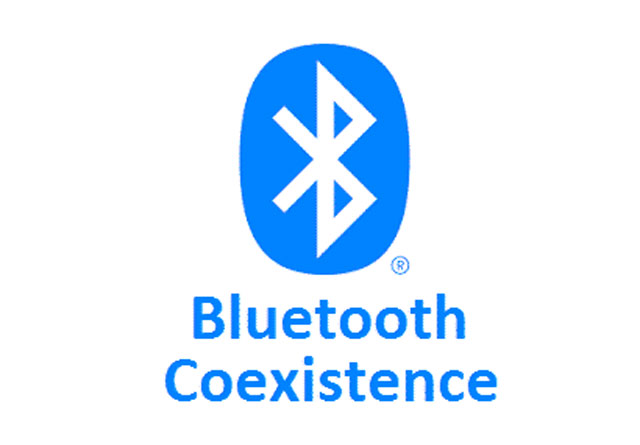
Turn on Bluetooth Coexistence
Turn on the Bluetooth coexistence function
In newer wireless network cards, you are able to turn on the Bluetooth coexistence function to use both Bluetooth and WiFi in one frequency band. The name of the function may also be different for different brands. It can be Bluetooth Collaboration or Bluetooth Coexistence Mode, usually located in the advanced tab of the network adapter properties.
When you turn on the Bluetooth coexistence function, your device will automatically reconnect to WiFi. After that, you will no longer experience the interference of Bluetooth and WiFi.
Conclusion
Now you have the answer to the question: Does Bluetooth slow down WiFi. We are also giving free internet tips and tricks via our blog, and you can visit for more. If you need internet advice, don't hesitate and contact us via our Facebook fanpage - MySpeed.
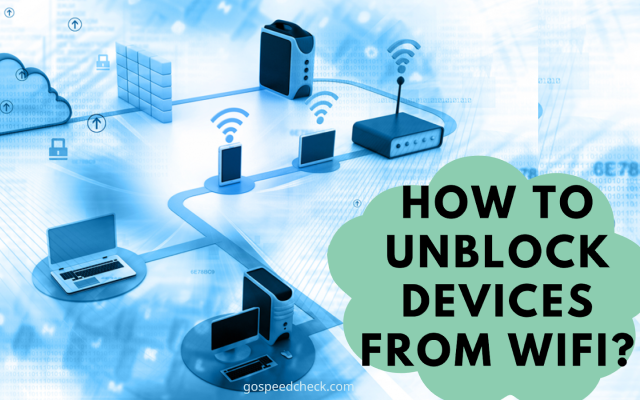

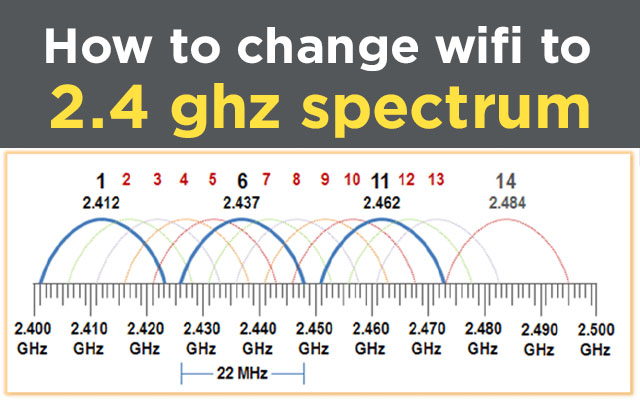


2 Comments
Mohamad risza
Conflict disparate
Leave a Comment
Your email address will not be published. Required fields are marked *MySpeed
Yes. That's conflict disparate between devices
Leave a Comment
Your email address will not be published. Required fields are marked *Leave a Comment
Your email address will not be published. Required fields are marked *